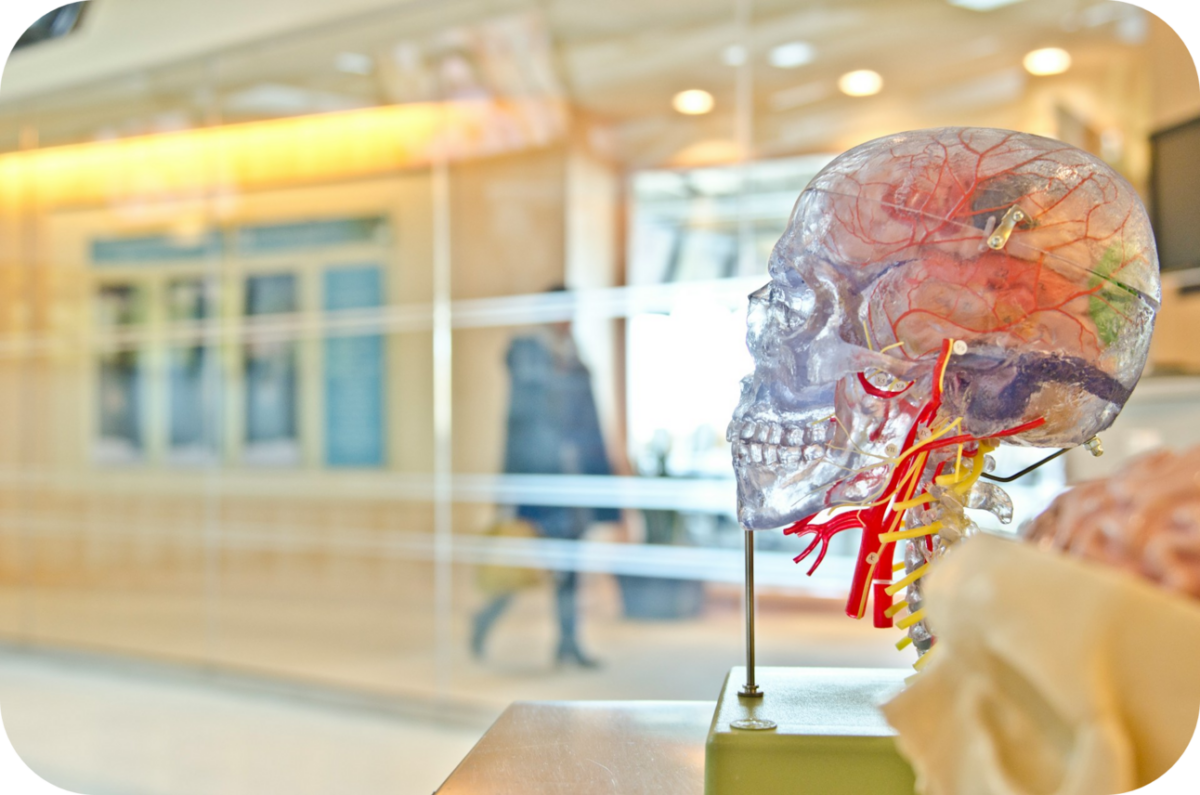Restoring Brain Cells

Scientists have discovered a way to repair brain cells affected by Timothy syndrome, a rare genetic disorder.
A study published in the journal Nature found that a drug called antisense oligonucleotide enabled human neurons to develop normally despite carrying a mutation due to Timothy syndrome. “It’s the beginning of a new era for many of these diseases that we first thought were untreatable,” said Dr. Huda Zoghbi, a professor at Baylor College of Medicine, to NPR.
Timothy syndrome is caused by a mutation of a single gene in a person’s DNA. The new drug uses an antisense nucleotide, a small piece of synthetic genetic material, to alter the proteins made by a cell, according to NPR.
The antisense nucleotide for Timothy syndrome was designed to replace a defective protein with a healthy version, effectively counteracting the mutation responsible for the disorder. This approach could potentially be used to treat other genetic disorders, including those that cause schizophrenia, epilepsy, ADHD, and autism spectrum disorder.